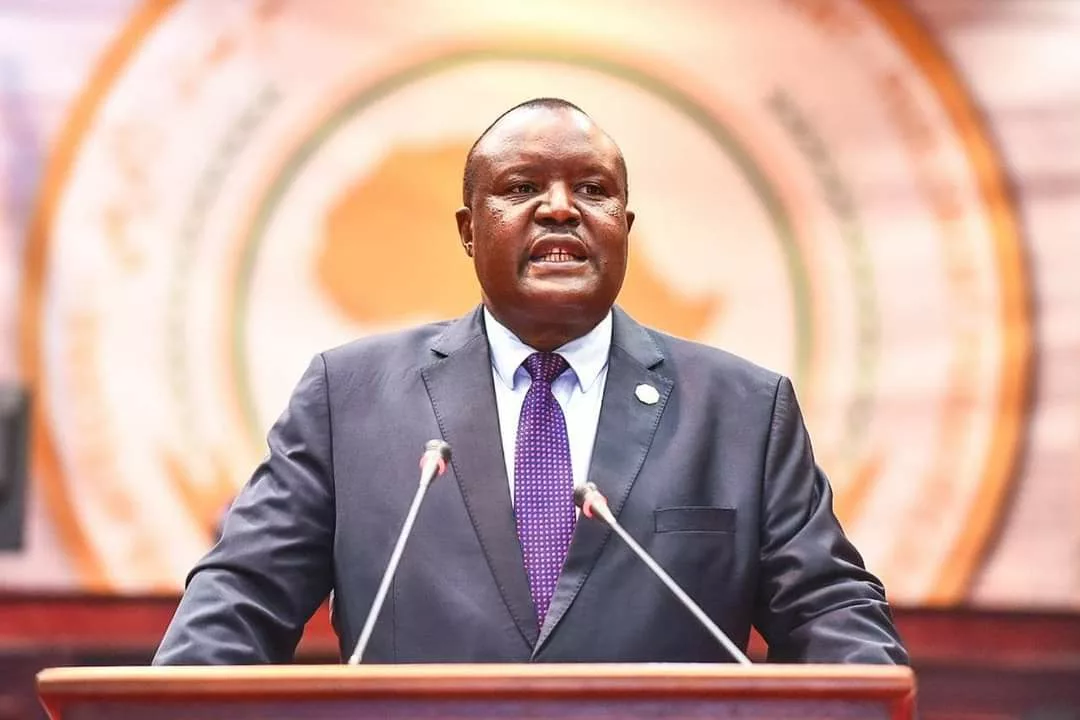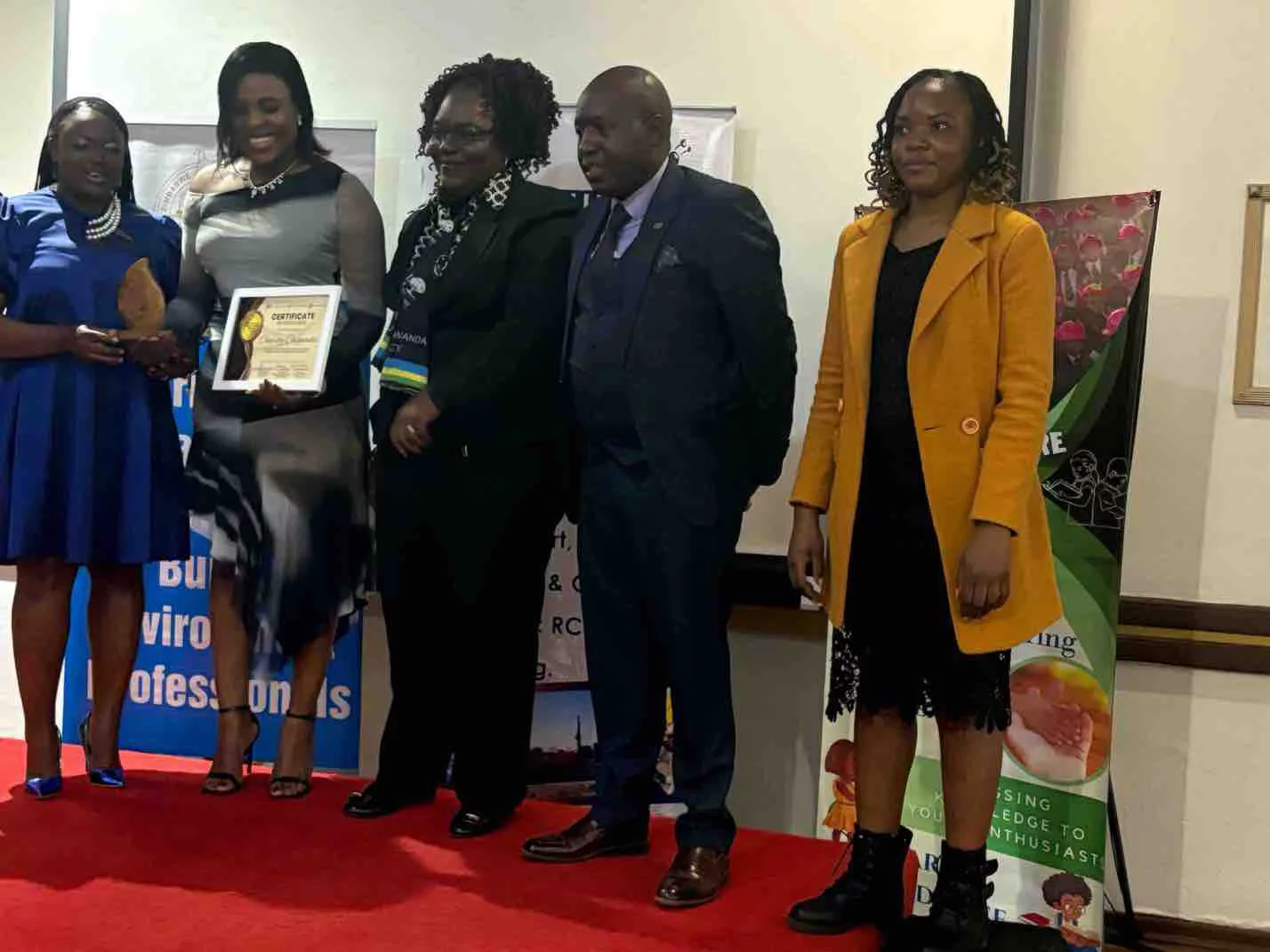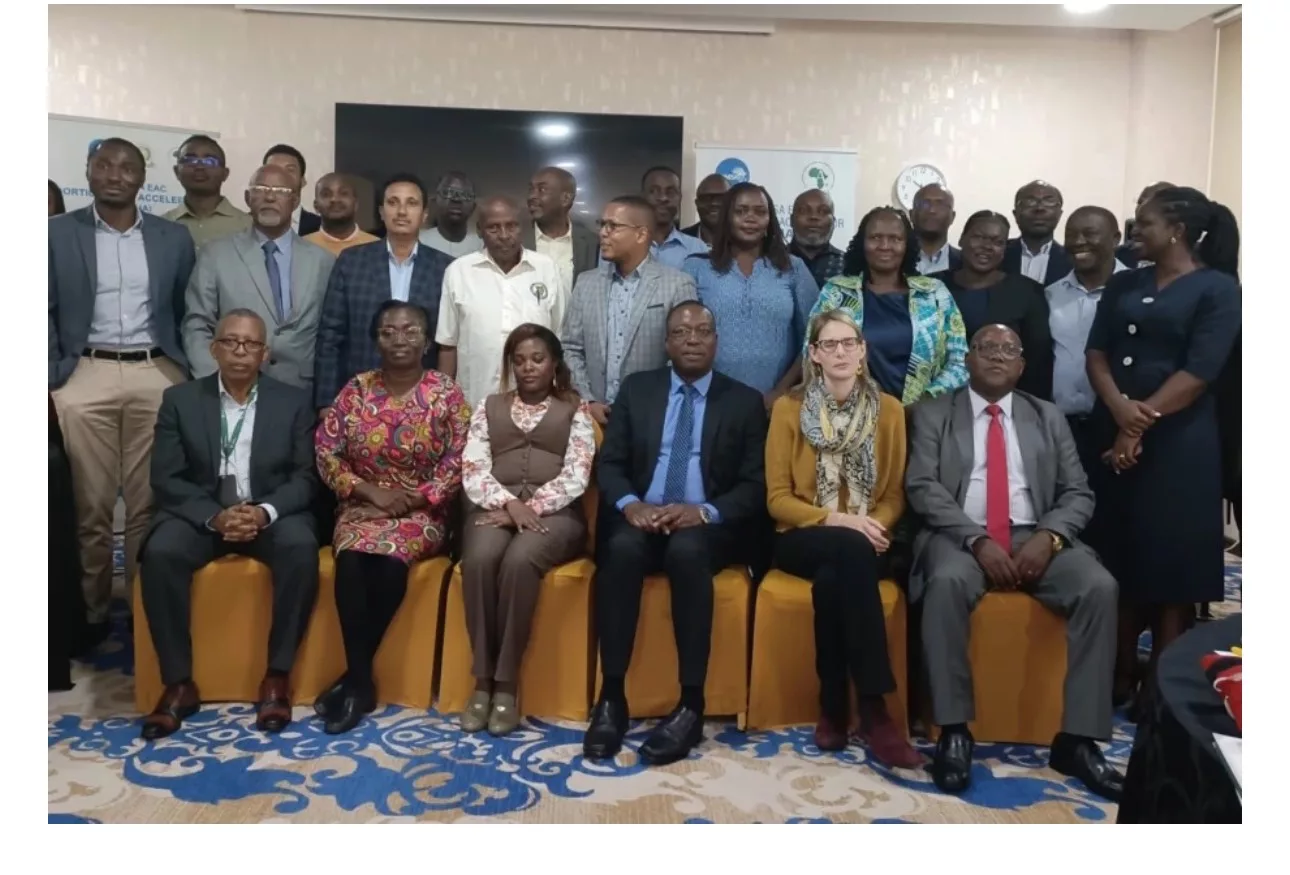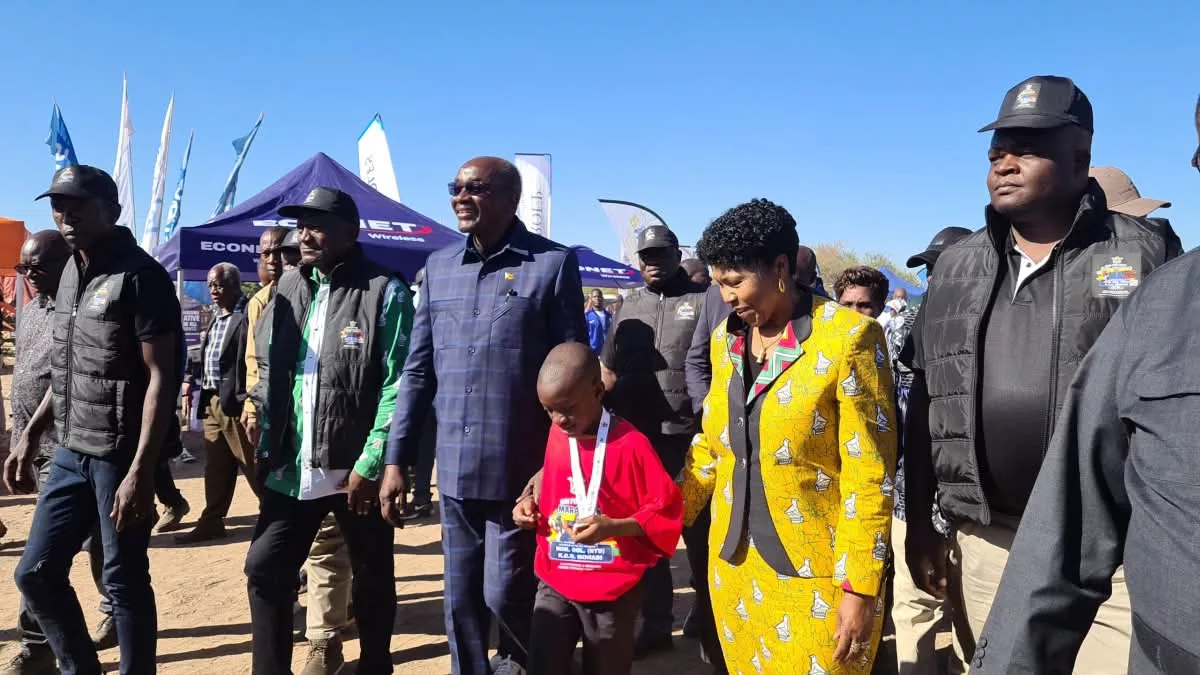By Anyway Yotamu
As Zimbabwe enters the third month under lockdown, which was announced by President Emmerson Mnangagwa on the 27th of March 2020 it’s an undisputed fact that COVID-19 has disrupted people’s daily routines, often with negative consequences, while the impact of this pandemic has largely taken adult lenses, there is need to pay attention on how it affects children as they represent the most vulnerable group in our society.
There are growing concerns that COVID-19 poses numerous child protection risks which range from physical, gender-based violence (GBV), mental health and social distress, child labor, to social exclusion.
According to Childline Zimbabwe, from the onset of the lockdown to date, they have received over 95 000 child-related distressed calls, a 23 percent rise from the norm. The organisation attributed this rise in calls to the confinement of children to their homes, in the same period, 606 cases of children were reported to have experienced GBV, of these, 41 percent were sexual violence cases mostly affecting girls.
The highest number of the cases, at 19 percent, was recorded in Manicaland, followed by Masvingo and Harare respectively ,these statistics are just a tip of an iceberg if we consider that most GBV cases went unreported ,however many children have limited or no means to report, or are threatened not to report.
What is worrying is that these GBV cases, and notably sexual violence, occurred during the total lock down period. We can then posit that the majority of the perpetrators are family members, whom we often regard as guardians who should be shielding children from such heinous acts. The continued complete or partial lock downs, while necessary to limit children’s potential to the virus, ironically further increase children’s exposure to extended cycles of abuse. A clear case of the law of unintended consequences.
Said differently, while lockdowns try to guarantee children’s right to health, the minors’ right to protection from abuse unintentionally becomes threatened. The sticky question becomes how do we ensure that children are protected from COVID-19 without keeping them in family “prisons” of abuse?
Apart from sexual violence, children are likely to suffer from physical and emotional abuse as parents or guardians struggle to manage prolonged periods of childcare and monitoring.
Parents find themselves assuming teaching roles they are ill-prepared for, which may lead to them taking their frustrations on children, under normal circumstances children spend most of their time either at school, playing in the yards or in the streets, this often reduces their interaction with adults, which in-turn limits children’s likelihood of abuse.
Besides silently suffering from various forms of abuse, many children’s right to food has been greatly compromised.
Since our initial lockdown phase, the prices of basic goods have been rising, threatening food security the Government, through the Ministry of Public Service, Labour, and Social Welfare has committed to providing monthly social grants to at least 4 million beneficiaries while this represents government’s commitment to cushioning vulnerable households, it is also concerning that the ZWL$180 cash transfers which are equivalent to US$2,50 to be paid to each beneficiary have already been eroded by inflation and will therefore not meaningfully improve livelihoods upon disbursement, as a result, nutritional needs of children in these households are likely to suffer, leading to a significant rise in malnutrition. We ought to remember that most children relied on school based-nutrition programmes, which were halted when schools closed.
According to UNICEF, nationwide school closures, enforced to minimise the spread of the virus, have disrupted the education of more than 1.57 billion students worldwide. This threatens one of the most fundamental rights for all children’s education, whereas some parents have embraced homeschooling while those children with illiterate or poorly resourced parents and guardians will find it difficult to catch up due to the limited learning options.
UNICEF recommends governments to bridge the rural-urban digital divide by prioritising internet connectivity in remote and rural areas while devising low-tech and no-tech educational solutions to ensure that children in rural schools are not cut off from learning. This call has also been echoed by local child rights organisations and teachers’ unions.
COVID-19 has also robbed children of their right to play because of the extended lockdown periods. Particularly affected are children living in apartments, where there are strict rules that limit their movement in corridors, staircases, and car parks. It means they have been confined in the house for close to 2 months.
Nonetheless, this confinement is still necessary amid the rising Covid-19 cases in the country. As the country eases its lockdown measures for economic reasons, there are parents who misconstrue these measures to mean we are no longer vulnerable to coronavirus infections. They now allow their children to loiter and play on the streets with no supervision throughout the day especially in high-density suburbs and rural areas.
While children’s right to play is important, the current context demands that their right to protection and health take precedence, there is need to strike a balance between the enjoyments of different rights but in ways that ensure the safety of children and this takes collaborative efforts.
At the same time, there is also a need for continued systematic documentation of how Covid-19 is impacting children in order to generate critical data that will inform child-sensitive social protection programming now and beyond the current pandemic.






